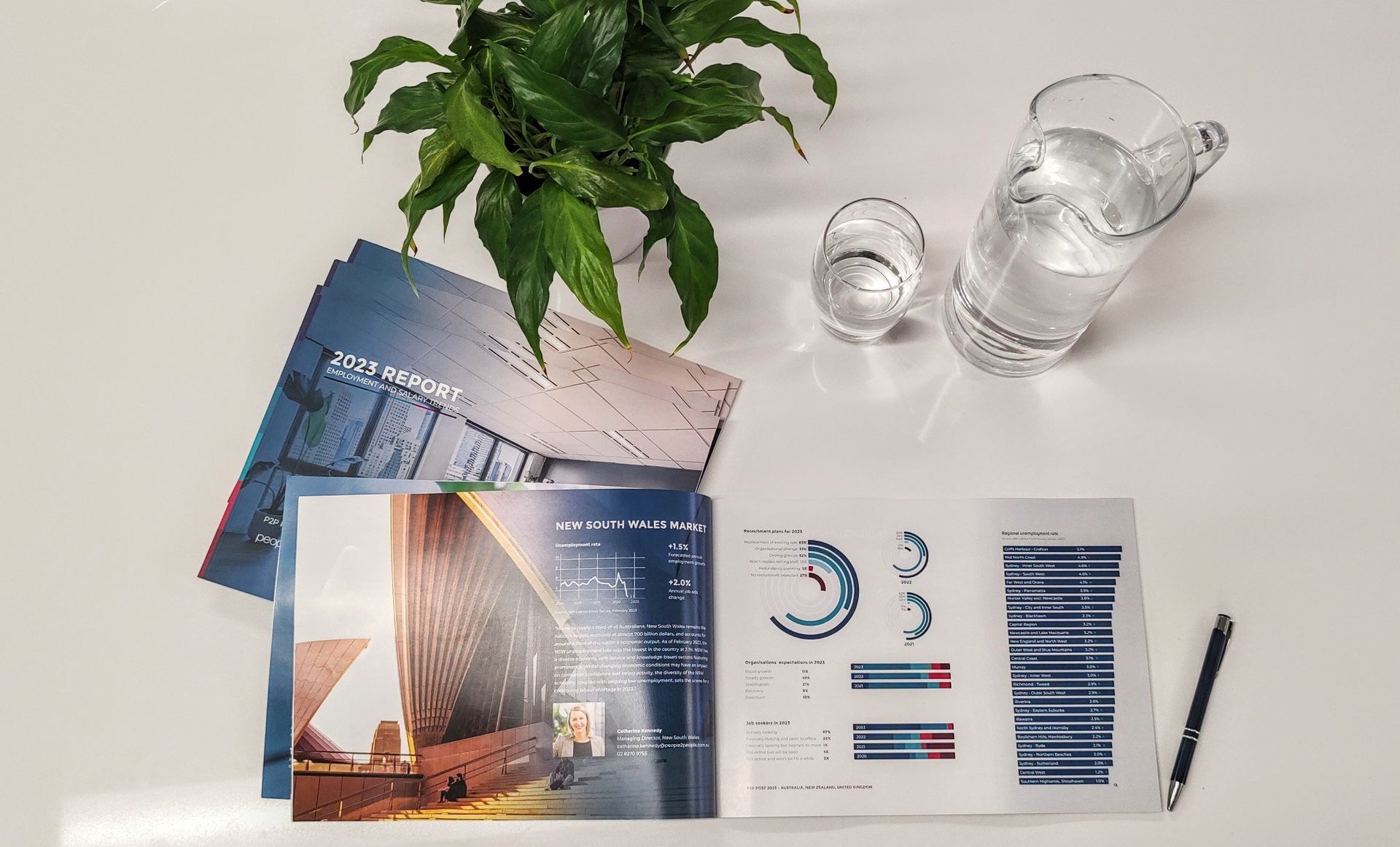References have always been the final and deciding factor in the recruitment process and will have a big impact on whether a candidate does or doesn’t get a job. It allows the potential new employer an opportunity to confirm that the candidate being considered has the correct skillset for the position, is a suitable culture fit for the firm and identifies any ‘red flags’ before making an offer.
But are they really necessary? Let’s break down the pros and cons of obtaining references in the recruitment process.
PROS
- A reference confirms dates of employment, job specifics, skillset, punctuality and if the candidate, based on past experience, can do the job they are being considered for.
- The referee’s insights can highlight whether the candidate embellished their resume or comments in an interview.
- The referee can share their thoughts about how easy, or difficult, it is to work with the individual.
- The referee can highlight any achievements, areas of strength or a need for improvement or future training.
CONS
- Many elements of a reference are a personal opinion about the employee. If an employer is upset that their superstar staff member has left, a reference can be given based on emotion and not necessarily on the facts, perhaps painting an inaccurate or unfair picture of the employee.
- In markets where there is a ‘war for talent’, conducting a professional reference can open up the door for a counteroffer from the current employer or a new offer from a firm the candidate previously worked for.
- Referees are not always direct line managers and therefore can’t give an accurate assessment of the candidate’s day-to-day responsibilities and performance.
- Many organisations, fearing lawsuits, will only confirm that someone has been employed, the dates of employment and their job title.
There is definitely an advantage to getting references before making a decision on a candidate. In most instances, it will strengthen the application of a candidate. Candidates generally give names and contact details of referees that they believe will say positive things about them. And most do, however, an experienced reference taker listens to more than just the words that are spoken. The referee’s tone of voice, or the way they answer questions, can prompt more questions enabling a deeper probe into the candidate’s suitability for the role. And the most telling question of all can be asked, “would you rehire this person?”
Share this article
Useful links
Search for jobs today
Got a vacancy?
What's happening in the market?
How do I prepare for my job interview?
Get in touch
Find out more by contacting one of our specialisat recruitment consultants across Australia, New Zealand, and the United Kingdom.
Recent Insights



New Zealand's 2024
Salary Survey
What are the salary and hiring trends in your industry?

Copyright © 2024, Frog Recruitment.
Frog Recruitment acknowledges Māori as tangata whenua and Treaty of Waitangi partners in Aotearoa New Zealand. We pay our respects to the mana whenua of the land on which Frog operates every day..
Locations
Specialisations
Resources

